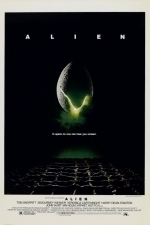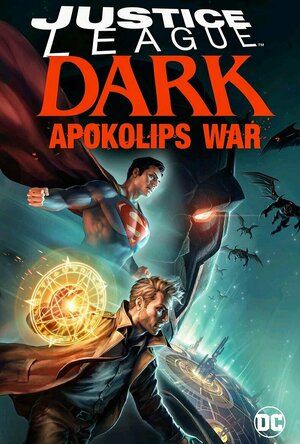Alison Brie recommended Alien (1979) in Movies (curated)
ClareR (6067 KP) rated Q: The Novel in Books
Jul 11, 2021
As a parent and a teacher, I found this novel really disturbing. The author has taken where we are now in our education system, and ramped it up to its most exaggerated end point. And it still didn’t seem completely over the top.
In Q’s reality, children are divided up in to their academic ability and put into one of three tiered schools - Silver, Green or Yellow. It’s a relatively new system, and for teacher Elena Fairchild, it’s a dream to teach in a top tier school, where the children are all motivated and high achieving. But when Elena’s youngest daughter is demoted from a Green to a Yellow school, Elena’s loyalty to the education system starts to disintegrate. And when her husband, who works in a senior position in the education department, refuses to save his daughter from being sent hundreds of miles away to a Yellow State boarding school, Elena decides to act.
Ooh, how I loved this. Yes, it’s uncomfortable reading. Yes, it has Eugenics written large all over it (And Elena’s grandmother even warns her and tells her about her youth under the Nazi regime). And yes, it’s uncomfortably close to reality.
But it was a gripping read with a satisfying end. I would recommend it!
Gareth von Kallenbach (980 KP) rated Justice League Dark: Apokolips War (2020) in Movies
May 28, 2020
When Darkseid (Tony Todd) Threatens the Earth; the Justice League must rally to save the day. What really makes the film shine is not only the very large cast; but the fact that so many heroes and villains from the DC universe come into play and at times take actions that viewers would not normally expect from the characters.
There is a complexity to the movie that one would not usually expect as the characters show their flaws and this is not a collection of pristine heroes vs scenery chewing bad guys.
Characters have baggage as well as strong motivations and even doubt which is very refreshing. The story also can be enjoyed by fans who are well versed in the mythos as well as more casual viewers who may not be as up to date on the actions leading up to the film as well as some of the characters.
The story is dark and mature which is reflected in the R-rating which for me is a great thing as Warner has been doing more and more R-rated animated content which is very appealing as there are far fewer restrictions on story content.
The animation is first-rate and the very impressive cast makes this one that fans will not want to miss.
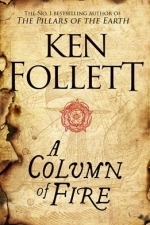
A Column of Fire
Book
The saga that has enthralled the millions of readers of The Pillars of the Earth and World Without...
Fiction

Karl Marx: Greatness and Illusion
Book
SHORTLISTED FOR THE ELIZABETH LONGFORD PRIZE FOR HISTORICAL BIOGRAPHY 2017 'A deeply original and...
Politics history philosophy
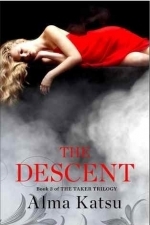
The Descent (The Taker Trilogy #3)
Book
The final installment in the “mesmerizing” (Booklist, starred review) and addictive...
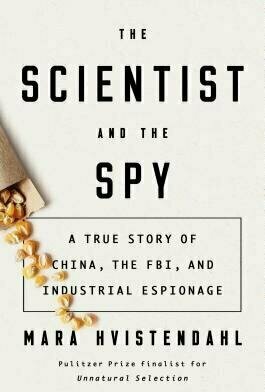
The Scientist and the Spy: A True Story of China, the FBI, and Industrial Espionage
Book
In September 2011, sheriff's deputies in Iowa encountered three ethnic Chinese men near a field...
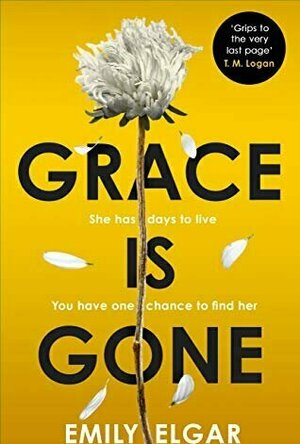
Grace is Gone
Book
Intriguing characters and a storyline that suddenly throws everything in the air, I was completely...
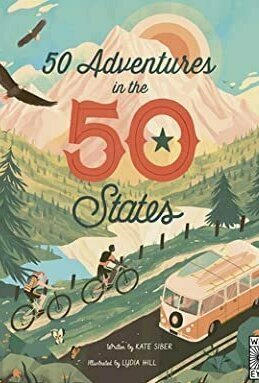
50 Adventures in the 50 States
Book
Be brave and set your spirit free on an exciting journey across the U.S. of A, taking in 50...

Shuggie Bain
Book
It is 1981. Glasgow is dying and good families must grift to survive. Agnes Bain has always expected...
